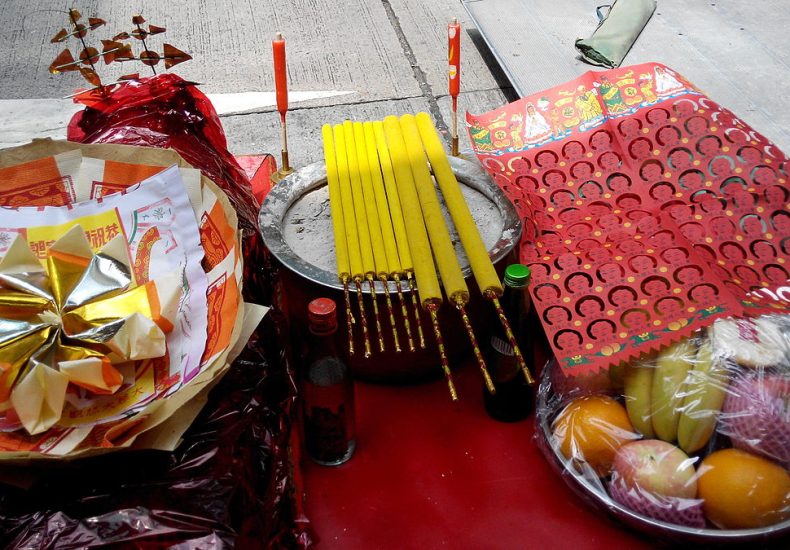
What role do cultural beliefs and superstitions play in shaping Chinese dietary practices?
Here’s a translation of your post, with emojis where appropriate:
🧐 Chinese food culture and superstitions have a huge influence on eating habits! 👚
🌟 First up, the concept of yin and yang 🌟. Chinese people believe that food has either “yin” (cold) or “yang” (hot) properties, and these two forces need to be kept in 👌 balance 📖. So, they think eating too many “cold” foods could 🧊 freeze their insides 😨!
💪 Next, food is connected to health 💪. They follow the “like supplements like” principle 🤝. For example, fish is good for the brain, so eat up and boost that 🧠!
🌳 Seasonality is super important 🌳. Chinese folks believe you should eat with the seasons, like enjoying warmer foods in cold weather, and cooler foods when it’s hot AF outside 🔥!
🚫 There are also some food taboos 🚫. If you’re sick or have certain conditions, there might be foods you’re told to avoid. For instance, people with skin problems should steer clear of 🦐 shrimp and 🦀 crab. Why? Who knows! 😂
🍜 Special ingredients, like 🎰 ginseng and 🍄 lingzhi mushrooms, are believed to have superpowers 🤏. They’re expensive and are saved for special occasions 🎊!
🎨 Chinese people also care about the aesthetic of food, especially the colours 🎨. A colourful plate is seen as more 🍓 nutritious and appealing 🍽️!
🆕 Freshness is key! 🆕 Chinese cooks prize super fresh ingredients, believing they’re packed with more “chi” (life force) 💪.
🧠 These beliefs and superstitions heavily influence Chinese eating habits and cooking styles, showing their desire for a healthy, balanced, and natural diet. But, these traditions are evolving with 💫 globalisation and modern influences! 🌍
Leave a Reply